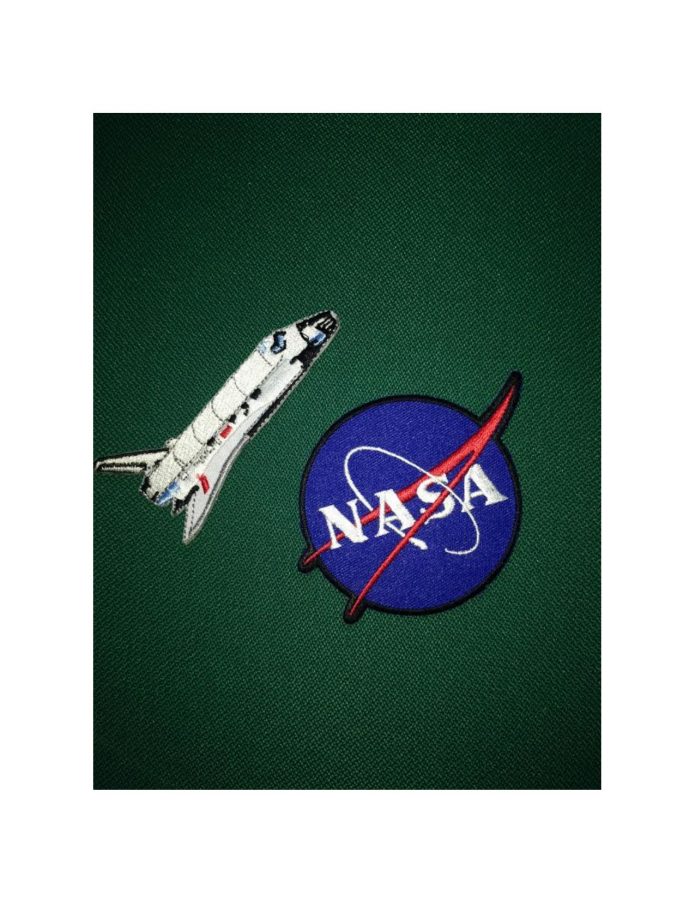China Launches Space Station
October 18, 2016
This past September, the People’s Republic of China has launched its second successful space station. Causing serious competition with the United States and possibly Russia. The race to space still continues. China’s new space station is called Tiangong-2, which means “Heavenly Palace 2” that will be hosting three crew members for up to twenty days. The first space station launched by China was called Tiangong-1. The Tiangong weighs 8.6 metric tons and is forty-seven feet in length. This appears to be relatively smaller than the first Soviet station, Salyut, and American station, Skylab, which both weigh significantly more.
China’s increased competition is fueled by the desire to be the best space explorers and become the first ones, in 2020, to land a solar powered rover over Mars. They also hope to beat the United States to Mars who are also launching their nuclear-isotope Mars rover in 2020 which has costed them $2.1 billion. The desire to be the first in history to do so is showing the determination between the two competitors who have continued this battle since the man on the moon race.
China has significantly improved and astonished the world with their previous space advancements and contributions including their manned space mission in 2003, their successful rover on the moon, and the total of five crewed flights they successfully launched and funded. Even though China has impressed the world with some of the most famous and significant accounts in history, they have also faced many obstacles and challenges along the way. The previous lunar rover launched by China before the Tiangong-2 was abandoned due the mechanical obstacles that were present. As well as the failed lunar rover, China had launched a satellite to Mars for the first time which blew up before reaching Mars.
The Obama Administration has lessened their focus on the Space travel field and has focused on providing funds to NASA in order to help preserve the earth after the increase in global warming experienced in the past 10 years. NASA has also thought of postponing their 2020 nuclear isotope rovers. Although there are many setbacks to the Chinese and American Space Exploration efforts, we hope to still find new discoveries and send more people to space!






